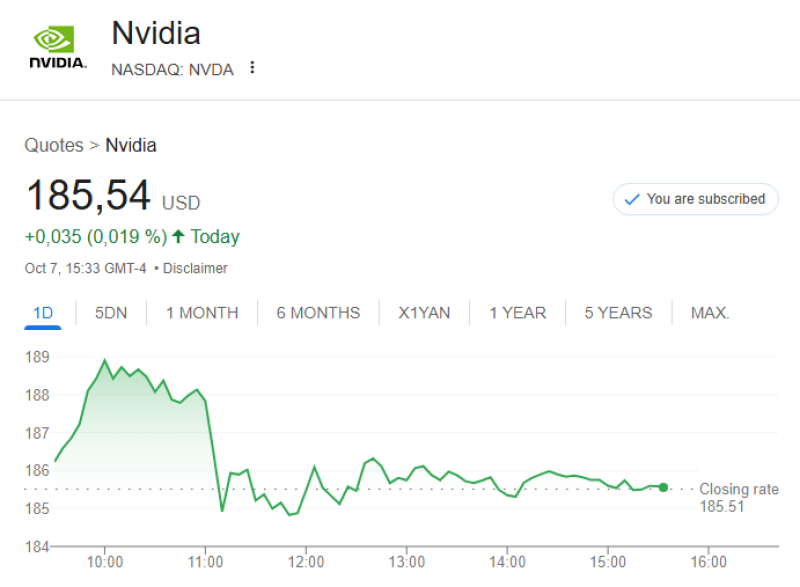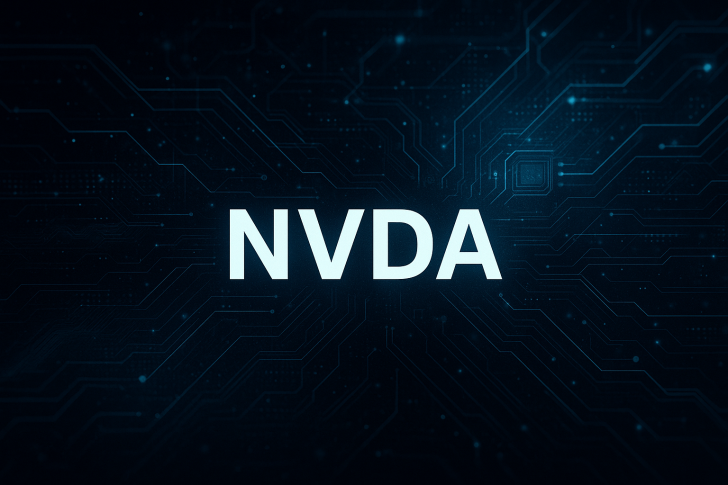Nvidia CEO Jensen Huang recently announced the company will sponsor H-1B visas and cover the new $100,000 application fee introduced by recent U.S. policy changes. This decision sets Nvidia apart in the tech industry and signals its unwavering commitment to attracting top global talent, even as regulatory costs surge.
Policy Details and Industry Impact
According to a report from Evan, Huang confirmed Nvidia will fully absorb the costs associated with President Trump's executive order imposing the six-figure fee on H-1B applications. While many tech companies face pressure from this policy shift, Nvidia's response demonstrates that innovation remains its top priority regardless of expense.
The timing is significant. Global demand for AI chips and data centers continues to grow rapidly, and competition for skilled engineers has never been fiercer. Nvidia's willingness to shoulder these costs removes a major barrier in recruiting talent and reinforces its position as a leader in AI and semiconductors. Notably, competitors like AMD and Intel have not yet announced similar commitments, potentially giving Nvidia an edge in the talent wars.
Stock Performance and Technical Outlook
Key technical levels for $NVDA include:
- Support is forming around the 185 USD zone, repeatedly tested intraday.
- Resistance appears near 188–189 USD, where price briefly spiked before pulling back.
- The stock traded mostly sideways throughout the session, consolidating after the morning volatility.
- Trading volume and momentum remain muted, signaling indecision among buyers and sellers.
The stock currently maintains a neutral to slightly bullish structure, with buyers defending the 185 USD floor. A decisive breakout above 189 USD could open the way toward the 190+ psychological level, while a failure to hold 185 USD may invite short-term downside pressure back toward 183–184 USD.

Investment Implications
This move isn't just about immigration policy. It's about protecting Nvidia's innovation engine during a critical growth phase. By eliminating hiring friction, the company ensures it can continue executing on its AI roadmap without talent constraints that might slow competitors. For investors, this alignment between corporate strategy and long-term vision serves as a positive signal amid broader tech sector uncertainty.
 Peter Smith
Peter Smith

 Peter Smith
Peter Smith


